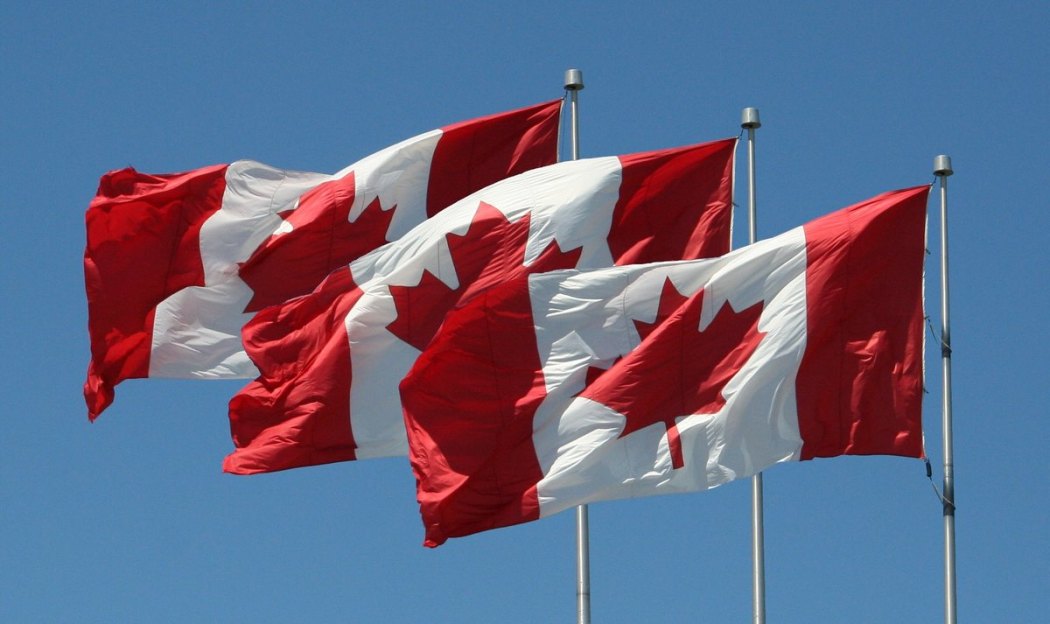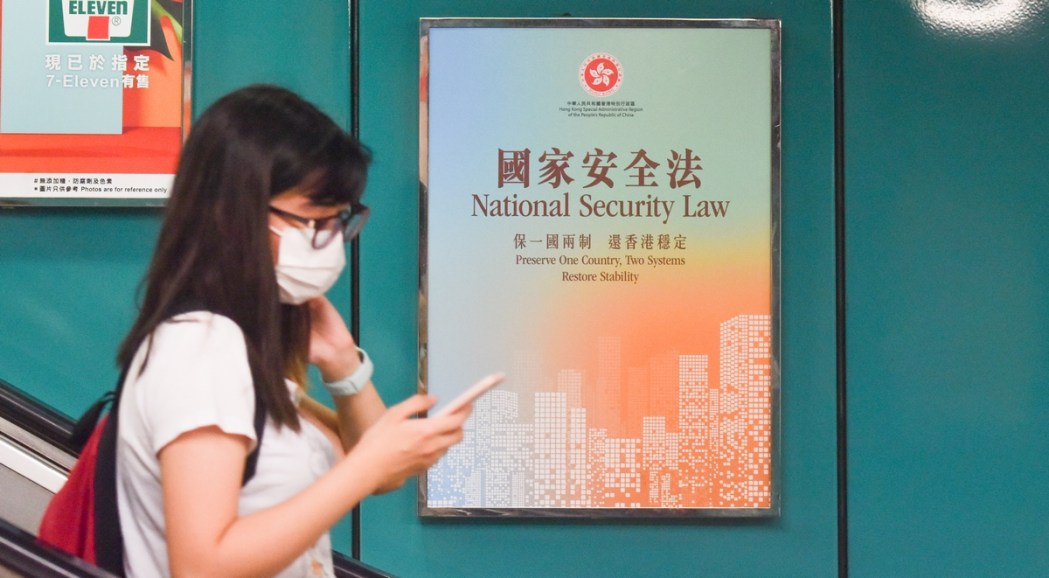Hong Kong residents who are working in Canada – or who have recently graduated from institutions there – may apply for permanent residence through two new pathways, Ottawa announced on Tuesday.
The Canadian Immigration, Refugees and Citizenship minister Marco Mendicino said one of the newest pathways will be open to Hongkongers who have obtained post-secondary education credentials at a Canadian institution in the past three years.

The other pathway is available to Hong Kong residents who have worked full-time in Canada for at least one year during the past three years, or spent at least 1,560 hours in total undertaking part-time work. Applicants for this stream must also have educational credentials from a post-secondary institution in Canada or abroad during the last five years.
Applicants for both pathways must have valid temporary resident status and be physically in Canada when they file their application and when residency is granted. They must also be holders of a valid HKSAR passport or a British National (Overseas) passport.
‘Deteriorating human rights situation’
The two new pathways came after Canada offered a three-year open work permit to Hong Kong graduates in February. In his statement on Tuesday, Mendicino again cited concerns about the Beijing-imposed national security law and the “deteriorating human rights situation” in the city.

He said the “landmark initiative” will deepen the strong ties between Canada and Hongkongers, as well as boost the economy.
“With young Hongkongers casting their eyes abroad, we want them to choose Canada. Our Hong Kong immigration pathway is a historic initiative, intended to attract talented applicants who will drive our economy forward,” he said.
The Canadian immigration ministry told HKFP that they have received 3,481 applications for the open work permit as of June 2.
Canada was among a group of Western countries that expressed “grave concern” when Beijing enacted a sweeping security legislation for Hong Kong last June. The controversial law criminalises secession, subversion, collusion with foreign forces and terrorist acts.
Its foreign minister Francois-Philippe Champagne also condemned the mass arrest of dozens of pro-democracy figures in January on suspicion of committing subversion under the security law.
Support HKFP | Policies & Ethics | Error/typo? | Contact Us | Newsletter | Transparency & Annual Report | Apps
Help safeguard press freedom & keep HKFP free for all readers by supporting our team
























